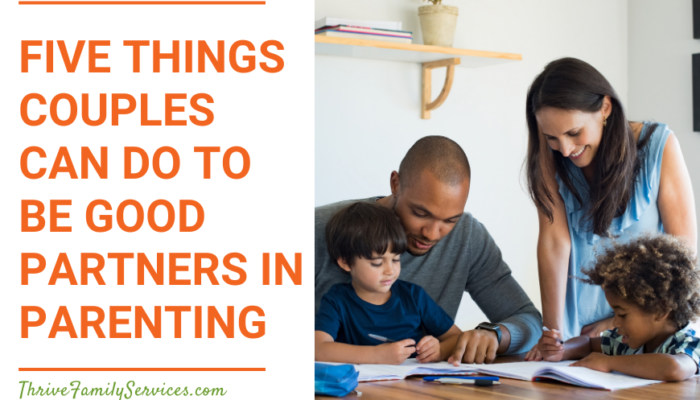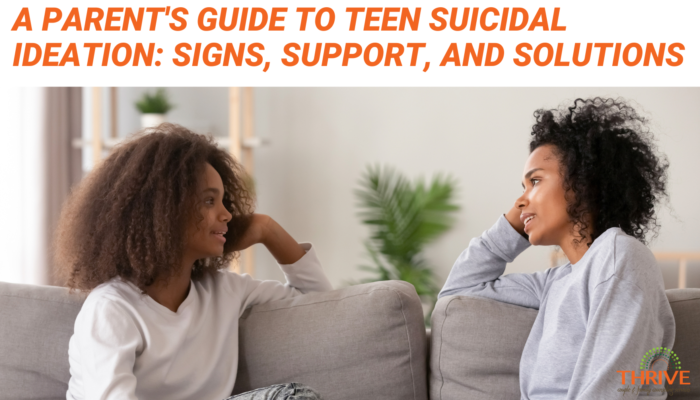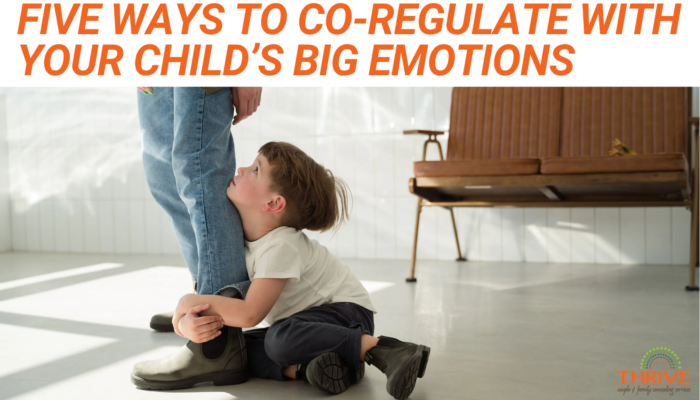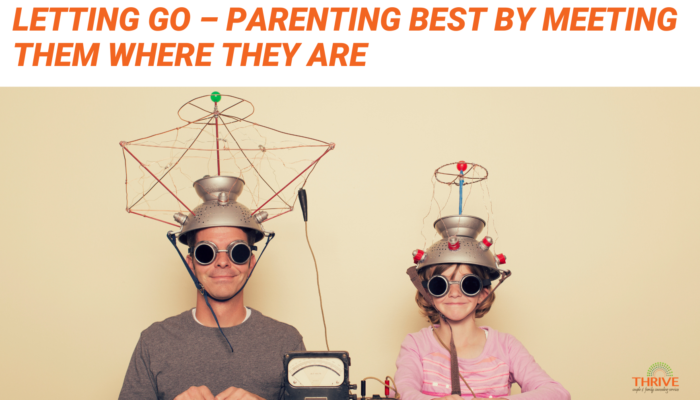Relationships of all kinds can be complex, including romantic relationships. When you add kids into the mix, things can get even trickier because there are more people involved and different responsibilities to deal with. Of course we want to be the best parents we can be, but we also want to maintain our important relationships while we’re doing that. Co-parenting can definitely change the dynamic of your relationship, but that doesn’t mean that it has to be in a bad way. With some communication skills, trust, and validation, you can parent successfully as partners and as a team.
Here are some of our top tips on being good partners in parenting from our Denver Couples Counselors.
1. Listen, listen, then listen some more
It goes without saying that parenting is a very challenging job. As parents, we are stretched to be more patient, creative, and focused on the needs of another person more than any other time of our lives. At the same time, parenting can elicit strong feelings in us of frustration, anger, discouragement, anxiety, overwhelm, boredom, and even loneliness.
If we are grappling with those big feelings, we are less likely to respond in the patient, loving, playful and wise ways we always hoped we would as parents. To be the kind of parents we really want to be, we need, above all else, unconditional love and support from our friends and family, and most especially, our partners.
The best form of this support is a loving, listening experience with our partners. To be able to offload those feelings in an appropriate situation with our partners (instead of our kids) is a huge gift.
2. Don’t try to solve the problem
When we’re upset and parenting feels overwhelming, we need each other for support. To be effective partners in parenting, it can be helpful to hold off on advice or problem solving until your partner has had a chance to work through their feelings. When we hear advice in response to our problems, it can often feel like criticism or blame, even if not intended that way. The most important thing we need to feel in those moments is that our partner is there for us, hears our fears and concerns, and will be with us to solve the concerns when the time is right.
3. Be open to admitting your own mistakes
When I turn to my husband to talk about a particularly difficult parenting experience, or we brainstorm about what our child is feeling or needing from us, or how we can best respond to a situation, it is so helpful if we both come to the conversation as equals. When it is safe enough for us both to admit our mistakes, we can respond with empathy and understanding, rather than blame or criticism. If I can admit, “I lost my temper and yelled at them,” and he can admit “I was really distracted and became impatient,” we are able to respond with love to each other rather than shaming or blaming.
We all make mistakes, especially in parenting. Let me repeat, we all make mistakes as parents!
4. Figure out the feelings underneath
Try to explore stuck parenting moments from the perspective of what’s underneath. For example, if your children are fighting with each other and mean words come out or the argument turns physical, take the time with your partner to figure out what gets stirred up inside you. For me, I was surprised to figure out my biggest fear or feeling was something like “a good Mom would have been able to stop this” or “This is broken, I have to stop or fix this,” quickly followed by “I have no idea how to stop or fix this. I am incompetent.” Perhaps for others, there might be some feelings surfacing from childhood about what it means to be on the receiving end of the aggression from a sibling. Or, maybe there are some feelings that have to do with our sibling getting all the attention, or being the favored one.
When we can put some words to what feelings get stirred up underneath with the supportive listening of our partner, we are much less likely to be blindsided and triggered by those feelings in the moment with our children. We can then respond more calmly and attentively to the kids’ feelings.
5. Remember, you are on the same team
If we can come together openly and lovingly to discuss difficult parenting moments, we are putting ourselves on the same team. If we attack, criticize or blame, we isolate ourselves, even if we’re “discussing” the situation with our partners. This isolation most likely results in being less effective and grounded the next time our children challenge us.
Also, children, and really all people, are naturally attachment-focused. When there is distress in our primary relationships, especially between our parents, we all feel anxiety, but children feel it more acutely. How do most children deal with the anxiety that all is not well at home? By acting out! The situation is typically too complex and too distressing for kids to be able to calmly articulate things like, “I get worried when you and daddy argue.” So, we shoot ourselves in the foot by getting more misbehavior from the kids if we aren’t aligned as parents.
The more connected and in-tune we are with each other as parents, the more relaxed, happy and cooperative our children will be.




